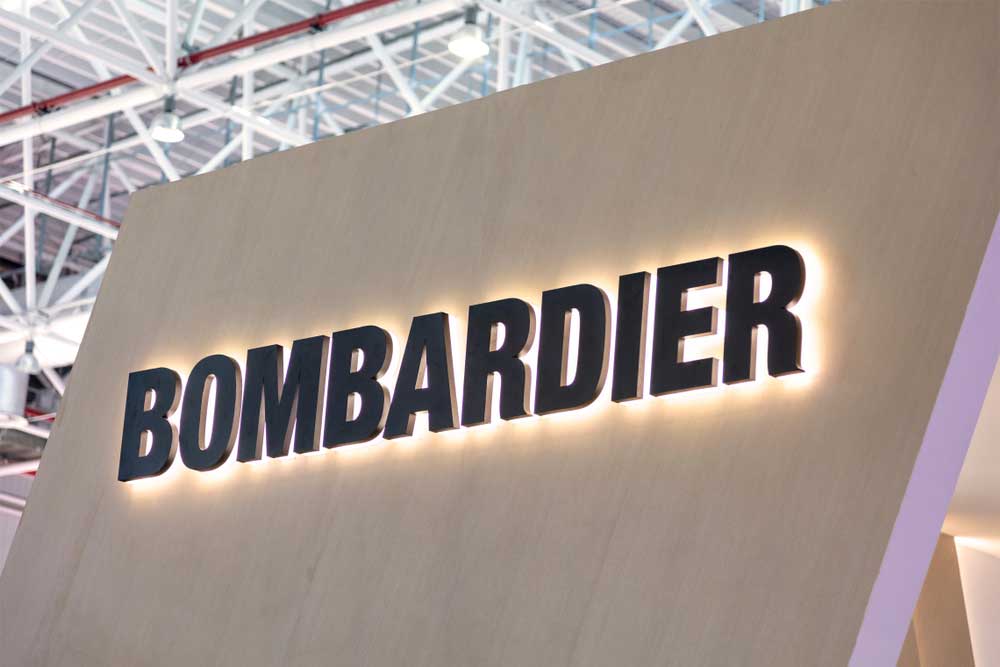Canada’s Bombardier Inc shocked workers in Northern Ireland on Thursday by announcing it would sell its Belfast operation, the largest high-tech manufacturer in the British region, which employs 3,600 people.
Located yards from the Belfast shipyard that built the Titanic, the plant in British-run Northern Ireland is by far the most important manufacturer left in its capital city, once one of the key industrial centres of the British empire.
The decision is part of a plan to combine Bombardier’s corporate and regional jet units into a single aviation unit and shed more assets, including its Belfast and Morocco aerostructures businesses.
“Today’s announcement will come as a shock to the entire Bombardier workforce in Northern Ireland,” the Unite trade union said in a statement, urging the British government to ensure the retention of jobs across Bombardier’s sites.
“It doesn’t matter whose name is above the gate, what matters is that we safeguard jobs and skills in this critical industry.... Bombardier is simply too important to the Northern Ireland economy to allow anything less.”
Bombardier management in Belfast said in a statement that they understood the announcement may cause concern among workers but that the Canadian plane and train maker was committed to finding the right buyer.
While Bombardier said it was making no new announcements on staffing in relation to the proposed sale, it said it would “continue to drive ongoing transformation initiatives” to improve productivity and competitiveness.
A spokesman for British Prime Minister Theresa May said that while the news was disappointing and will be unsettling for workers, Bombardier has a healthy long term order book and does not expect further job losses.
The plant — which Bombardier bought from Short Brothers, the world’s oldest planemaker, in 1989 — has been a pillar of Belfast’s economy for decades, putting locals through multi-year apprenticeships. Thousands more jobs across Northern Ireland depend on supplying the plant.
The plant is of particular significance to the region’s mainly protestant unionist community who long provided the vast majority of workers in Shorts and the neighbouring Harland & Wolff shipyards, which built the Titanic.
Located in overwhelmingly protestant East Belfast, it still employs more Protestants than Catholics even after decades of equality programmes. That makes the plant and its workers central to Northern Ireland’s largest unionist party, the Democratic Unionist Party, which is propping up May’s minority government.










